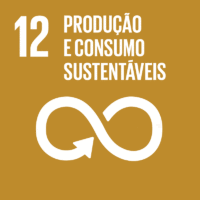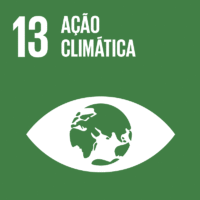Ciência_Iscte
Publicações
Descrição Detalhada da Publicação
Título Revista
IEEE Access
Ano (publicação definitiva)
2018
Língua
Inglês
País
Estados Unidos da América
Mais Informação
Web of Science®
Scopus
Google Scholar
Esta publicação não está indexada no Overton
Abstract/Resumo
Supporting spontaneous low-latency machine type communications requires fast synchronization and channel estimation at the receiver. The problems of synchronizing the received frame and estimating the channel coefficients are often addressed separately with the later one relying on accurate timing acquisition. While these conventional approaches can be adequate in flat fading environments, time dispersive channels can have a negative impact on both tasks and severely degrade the performance of the receiver. To circumvent this large degradation, in this paper we consider the use of a sparse based reconstruction approach for joint timing synchronization and channel estimation by formulating the problem in a form that is closely related to Compressive Sensing(CS) framework. Using modified versions of well-known sparse reconstruction techniques, which can take into account the additional signal structure in addition to sparsity, it is shown through numerical simulations that, even with short training sequences, excellent timing synchronization and channel estimation performance can be achieved, both in single user and multiuser scenarios.
Agradecimentos/Acknowledgements
--
Palavras-chave
Channel estimation,Compressive sensing,Sparse signal recovery,Time synchronization
Classificação Fields of Science and Technology
- Matemáticas - Ciências Naturais
- Engenharia Eletrotécnica, Eletrónica e Informática - Engenharia e Tecnologia
Registos de financiamentos
| Referência de financiamento | Entidade Financiadora |
|---|---|
| UID/EEA/50008/2013 | Fundação para a Ciência e a Tecnologia |
Contribuições para os Objetivos do Desenvolvimento Sustentável das Nações Unidas
Com o objetivo de aumentar a investigação direcionada para o cumprimento dos Objetivos do Desenvolvimento Sustentável para 2030 das Nações Unidas, é disponibilizada no Ciência_Iscte a possibilidade de associação, quando aplicável, dos artigos científicos aos Objetivos do Desenvolvimento Sustentável. Estes são os Objetivos do Desenvolvimento Sustentável identificados pelo(s) autor(es) para esta publicação. Para uma informação detalhada dos Objetivos do Desenvolvimento Sustentável, clique aqui.

 English
English




